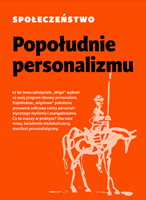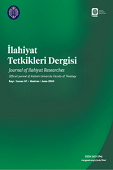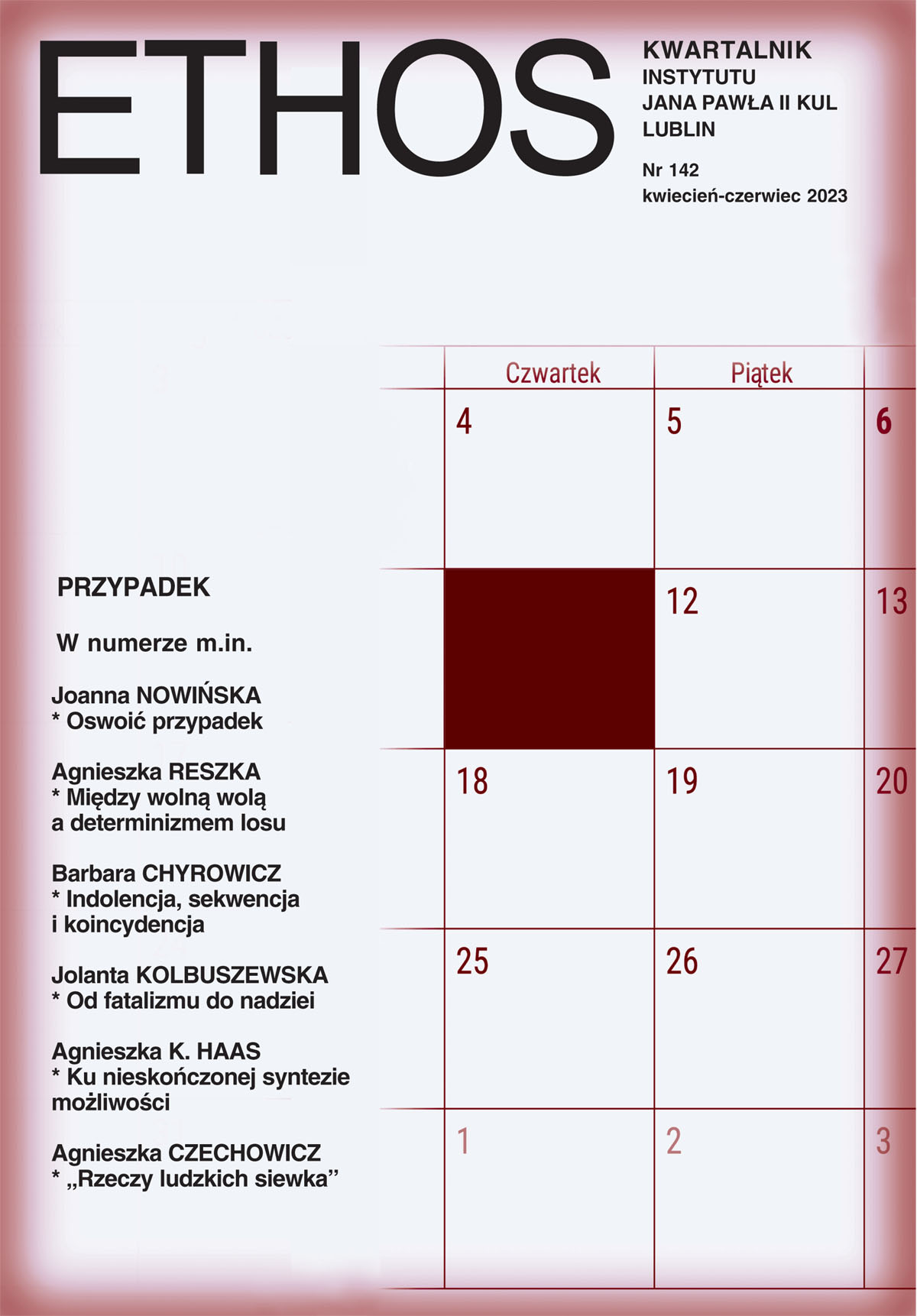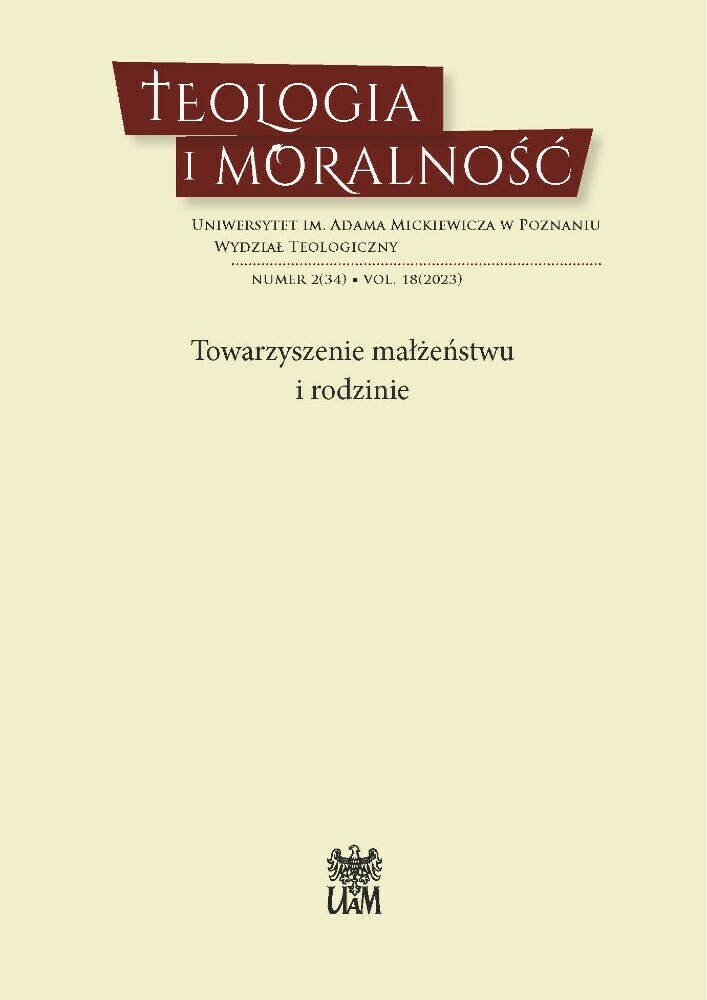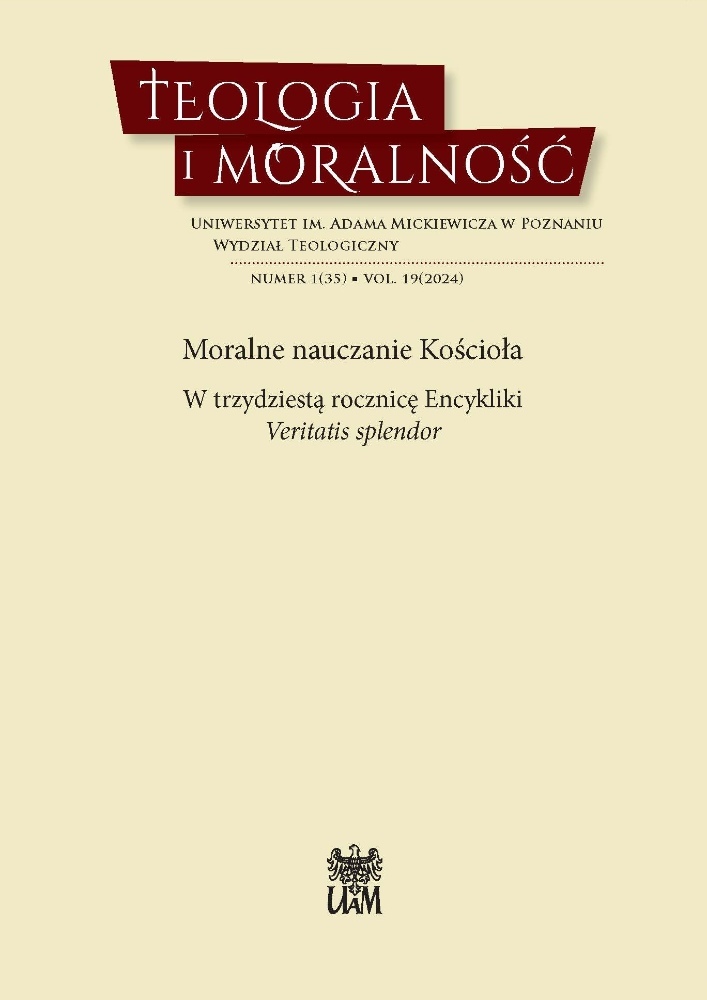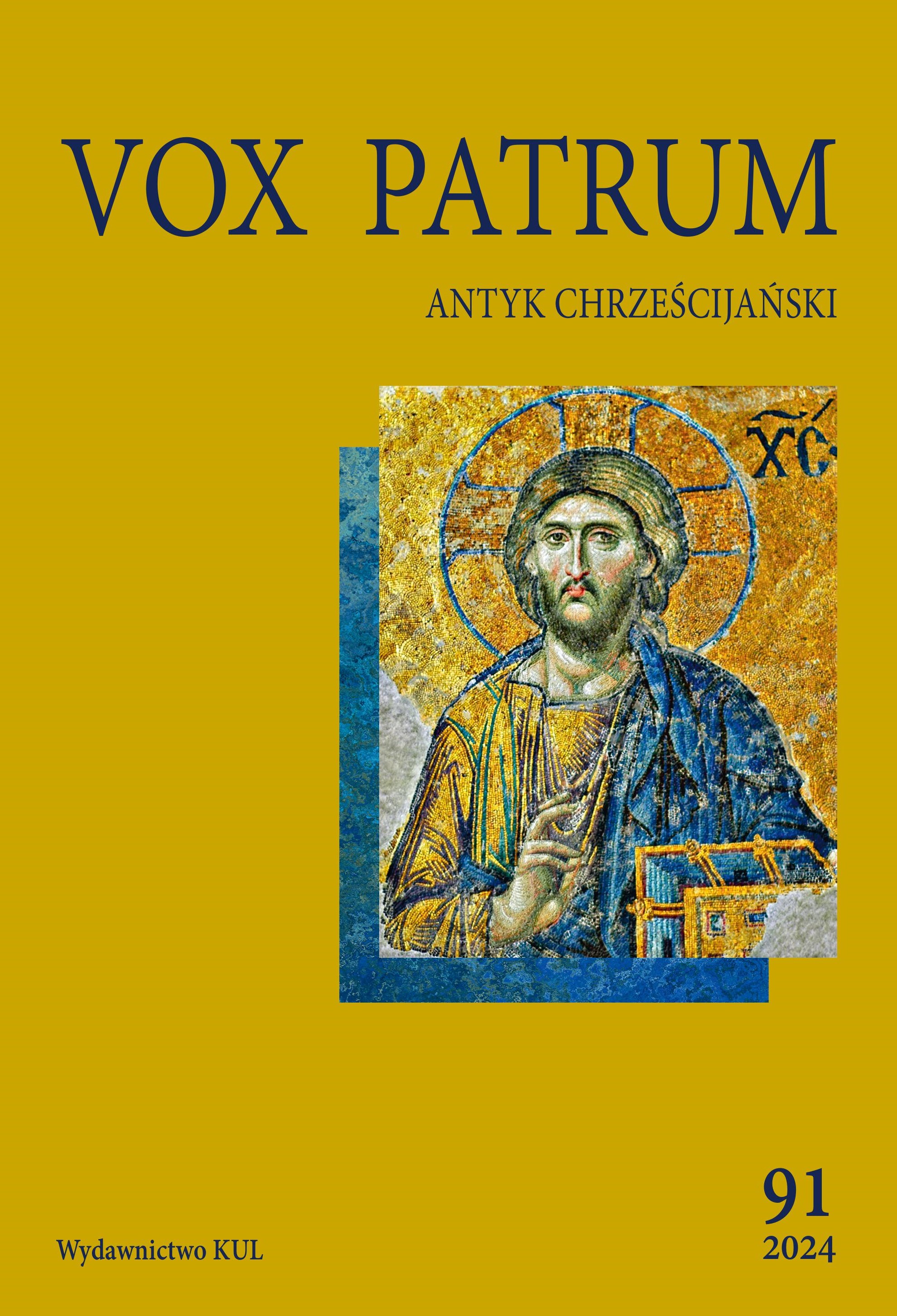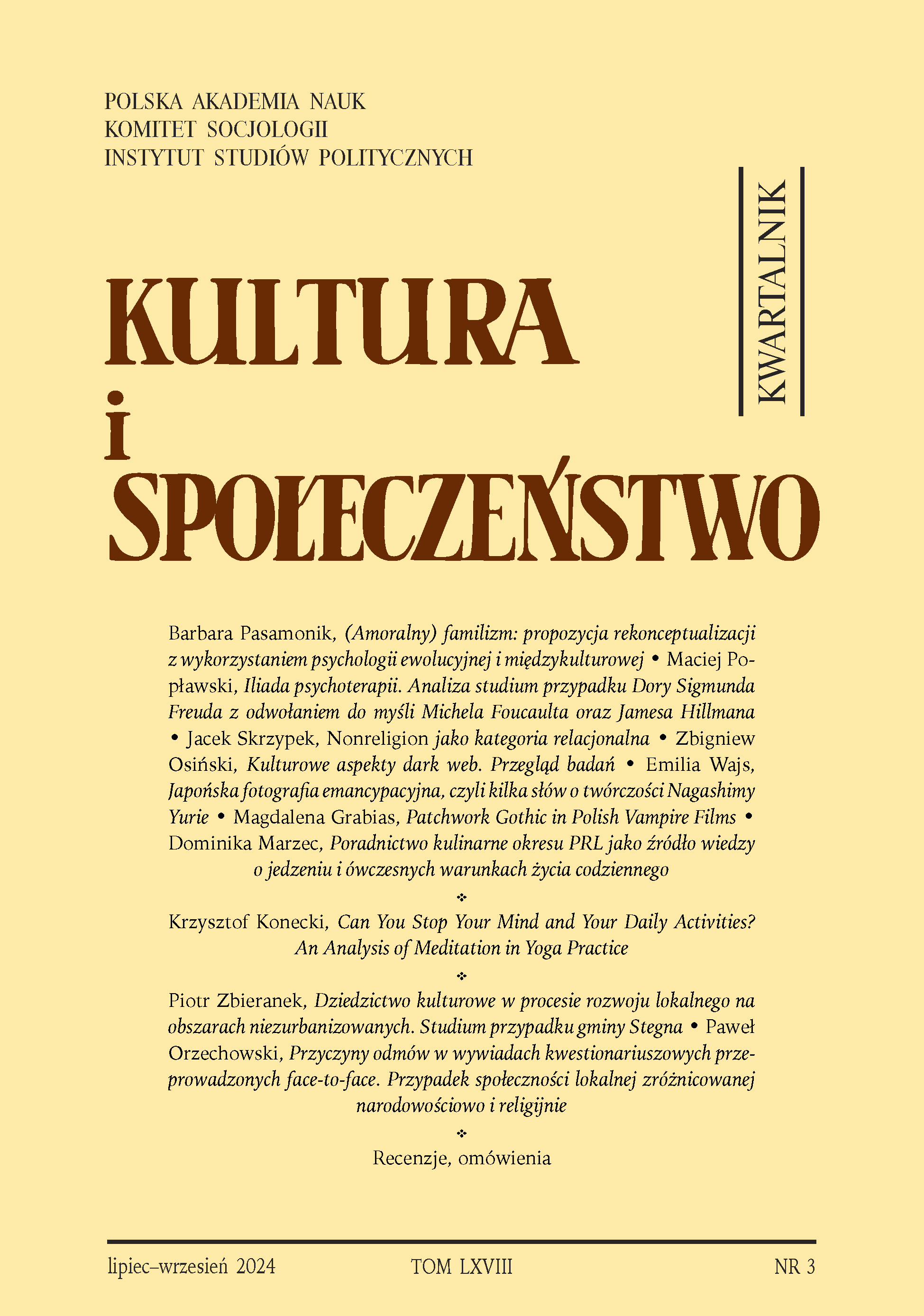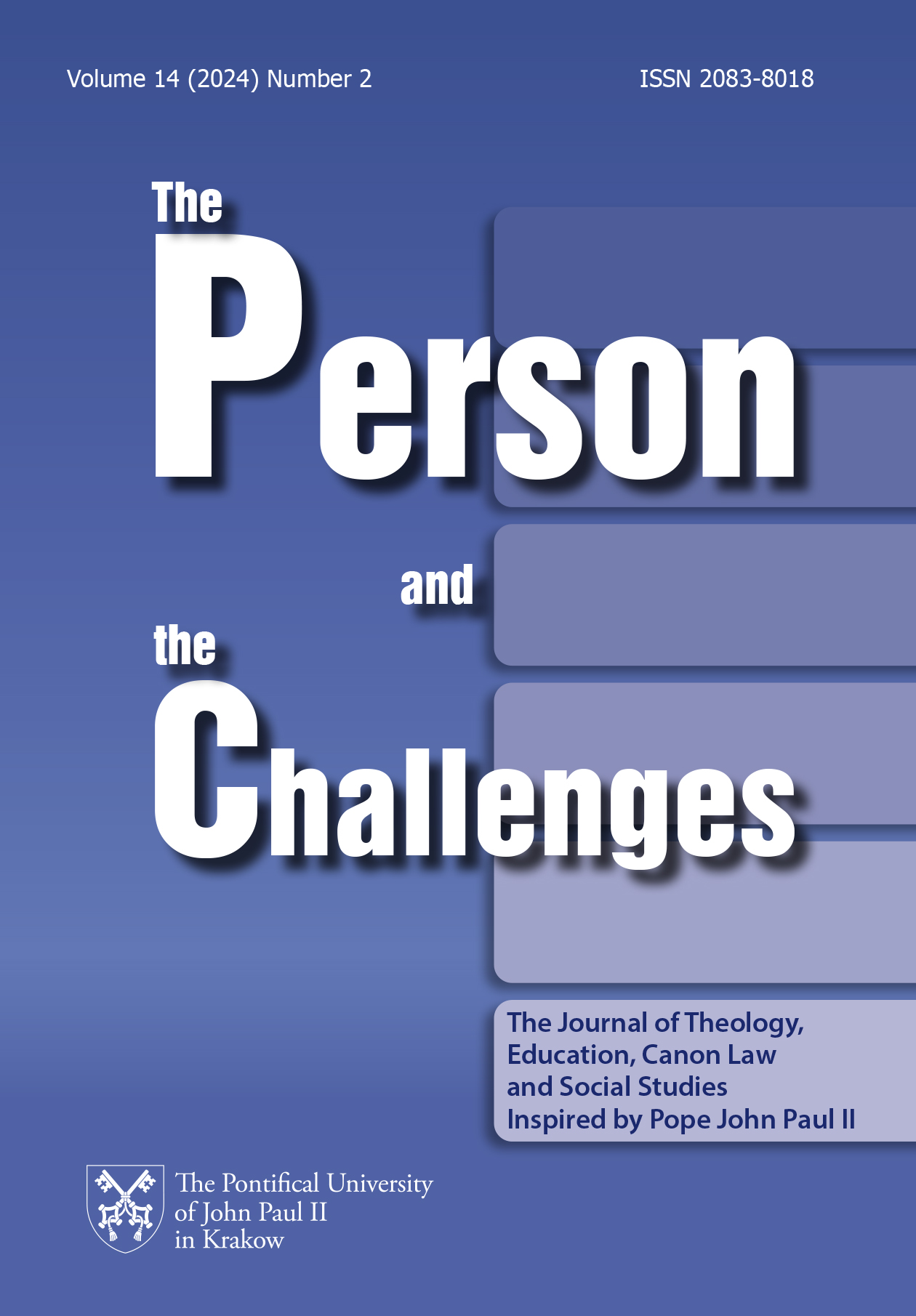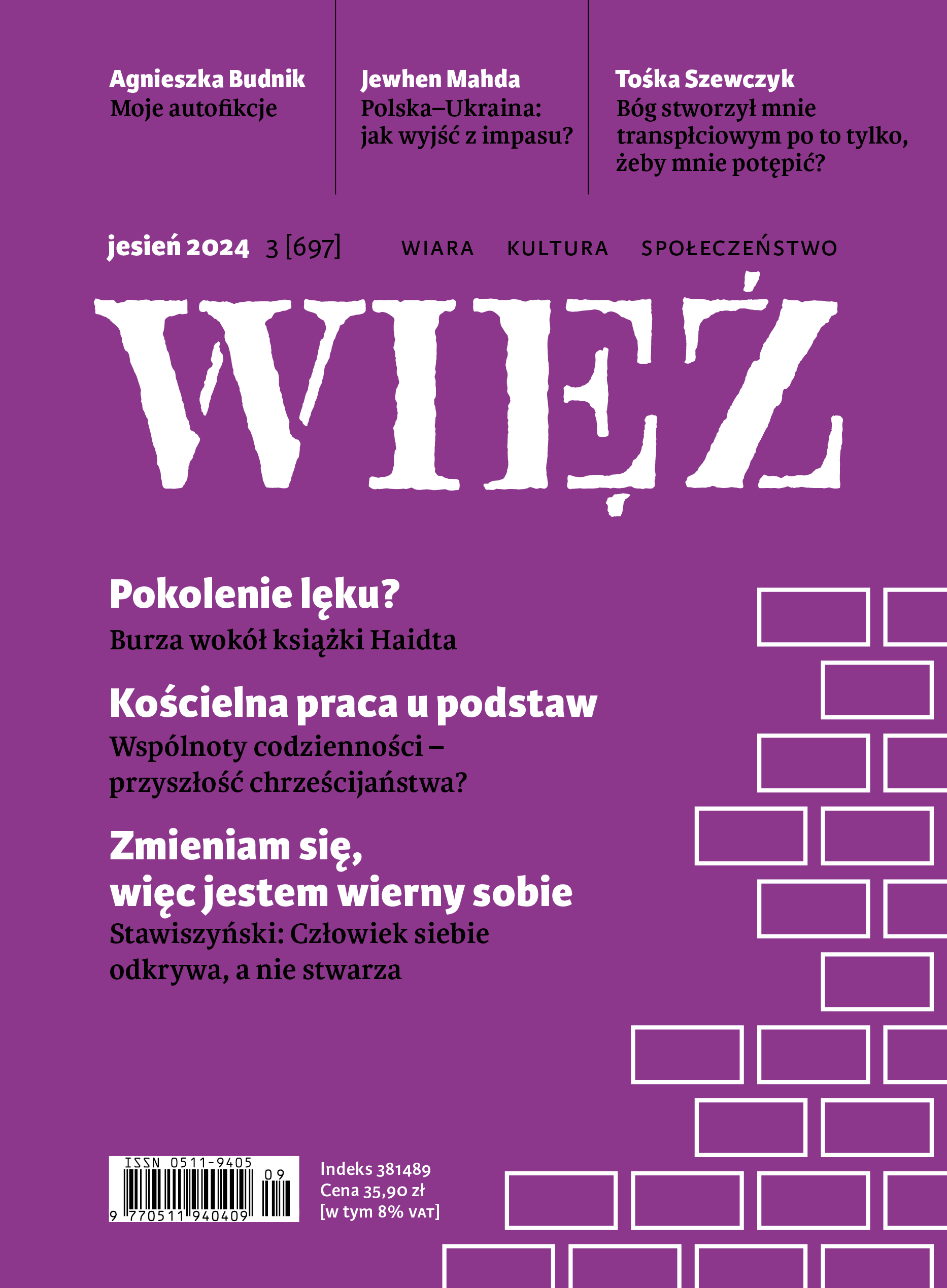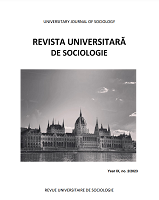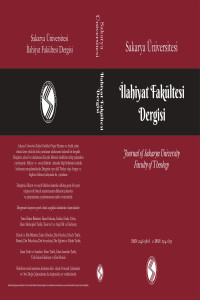
The Effects of Religious Rituals and Religious Coping Methods on the Grief Process and Posttraumatic Growth: A Qualitative Study
The aim of this study is to examine the attitudes of people who lost their relatives due to the earthquake towards the mourning process and the role of religious rituals in combating the stressful situation caused by this loss. In the study in which the qualitative research method was adopted, a case study design was also adopted. In the study where the criterion sampling technique was used, a total of 12 participants who experienced loss due to the earthquake were included in the study. The participants stated that this loss was much more severe than a normal loss due to factors such as not being able to meet for the last time, not being able to reach the lost relative and the lack of religious rituals. Accordingly, it was observed that individuals who used positive religious coping styles experienced an increase in spirituality meaning of life and showed signs of post-traumatic growth, such as positive social relationships. On the other hand, most of the individuals who adopted negative religious coping styles experienced more feelings of helplessness and meaninglessness, had more difficulty in accepting the death, withdrew from social relationships, and showed more intense symptoms of Posttraumatic Stress Disorder (PTSD).
More...
